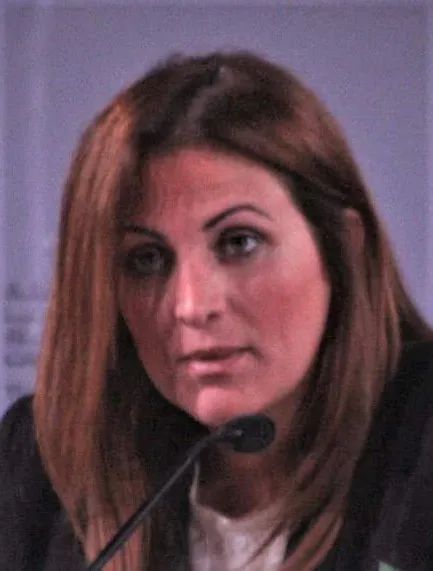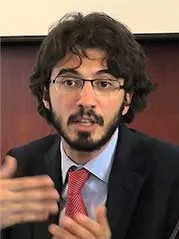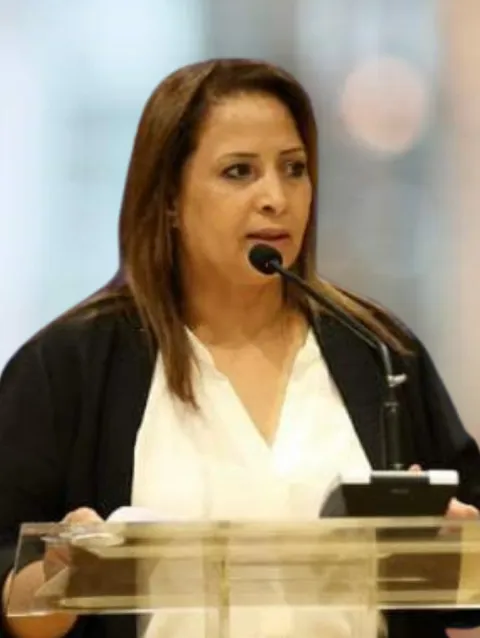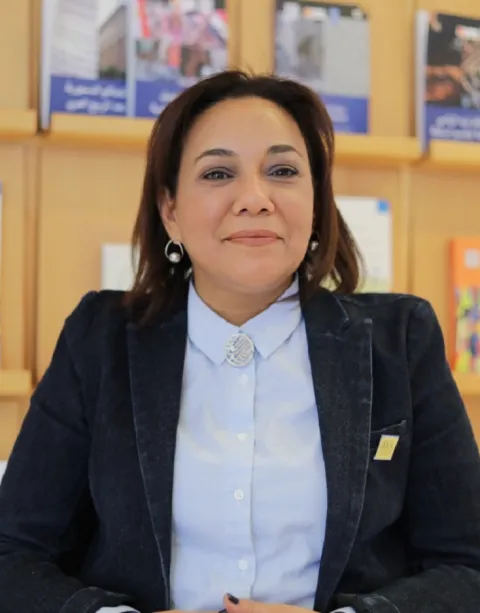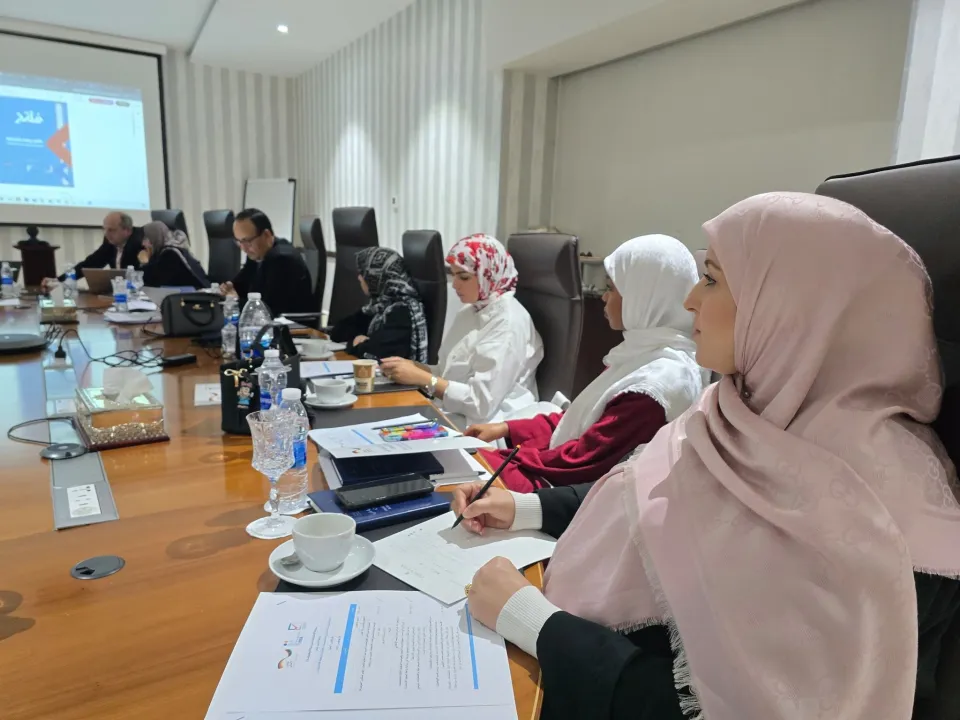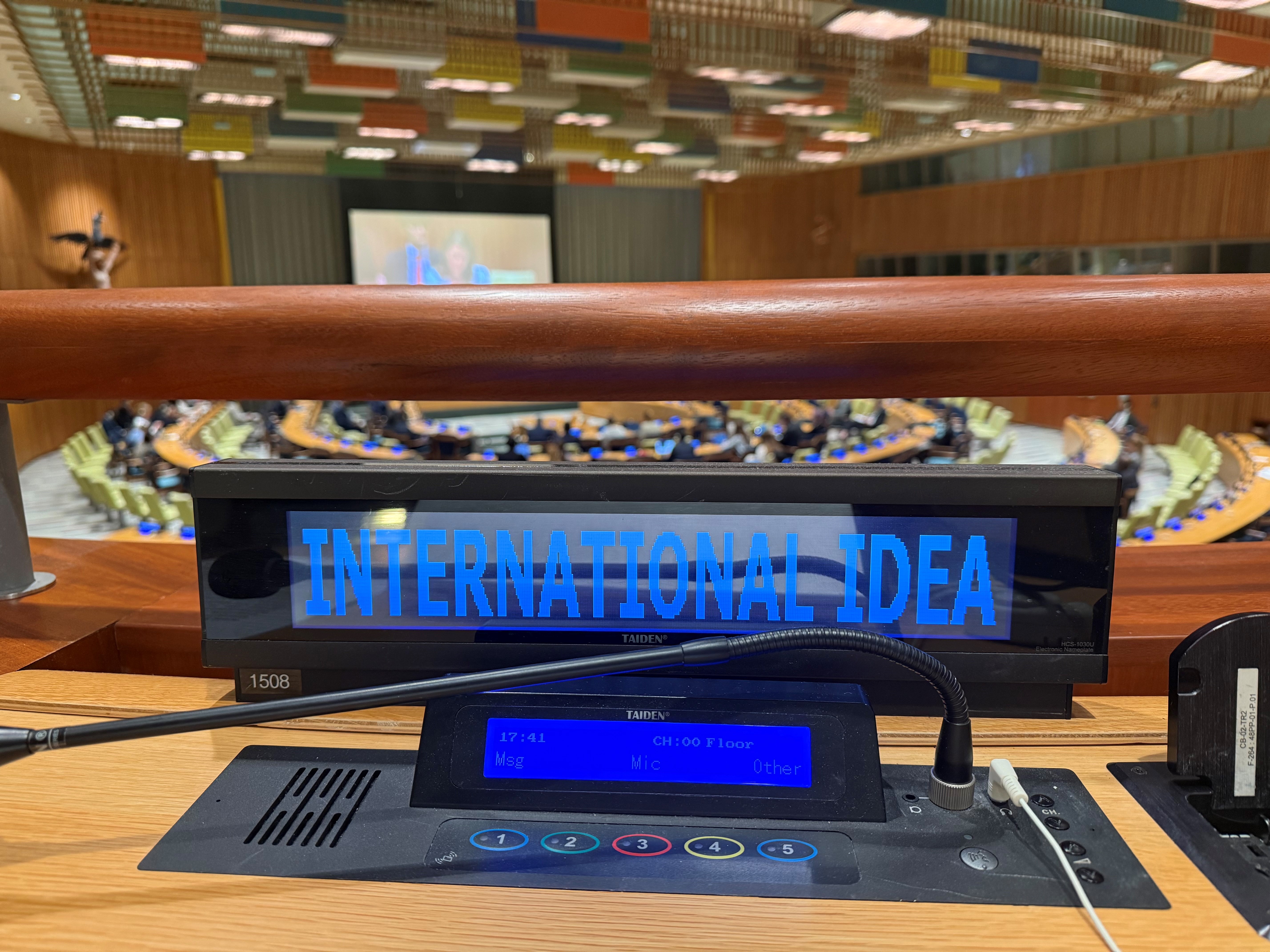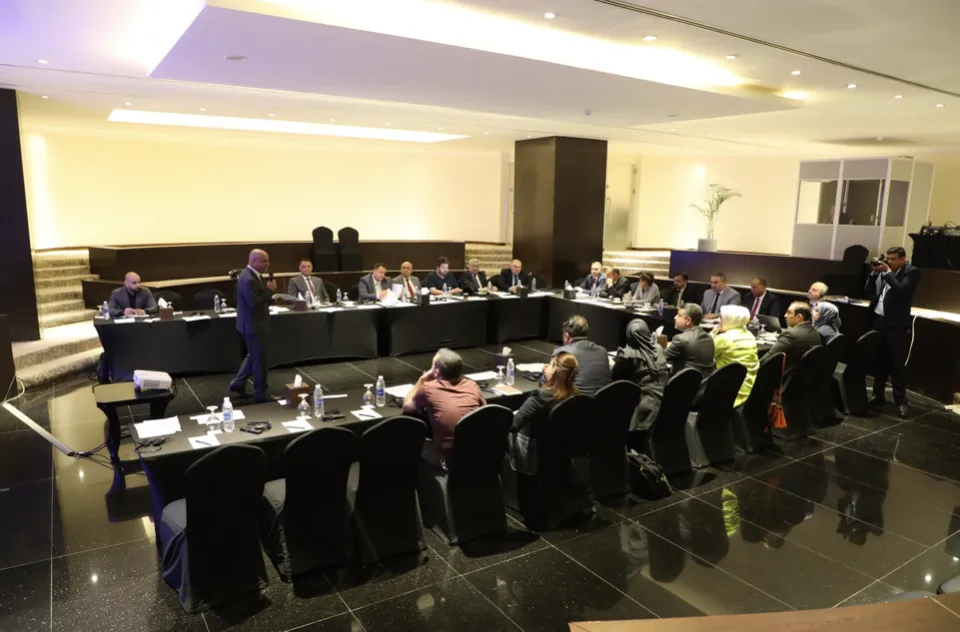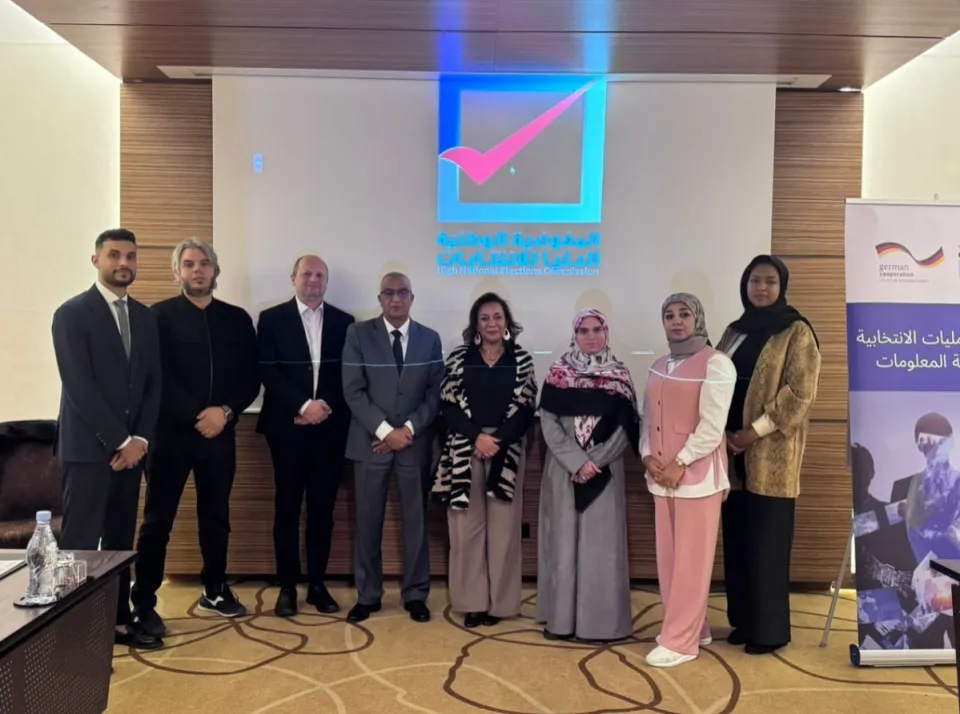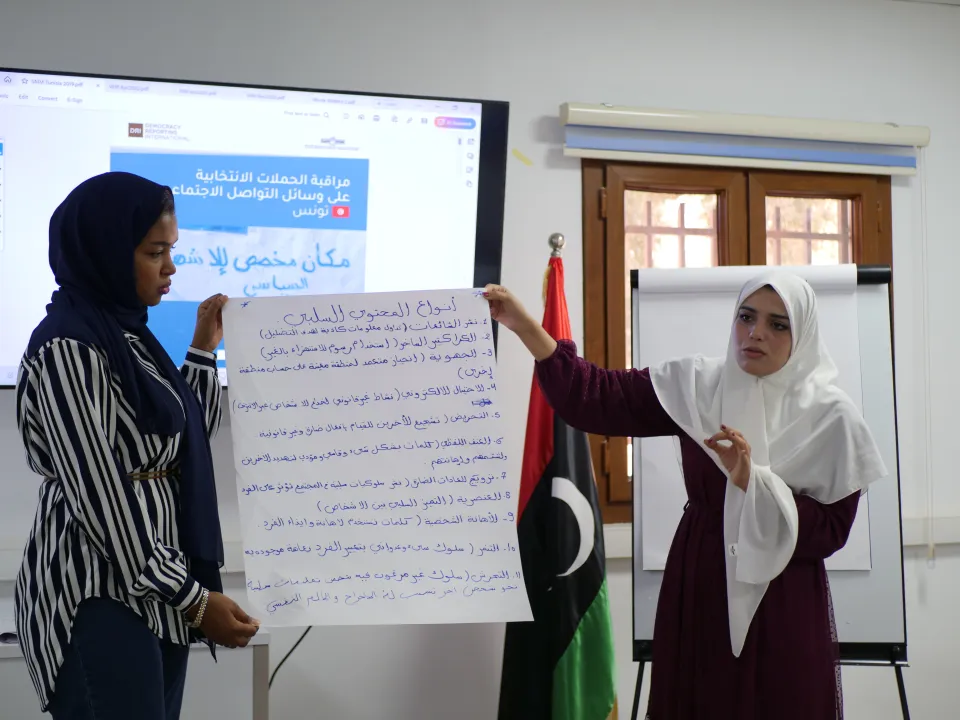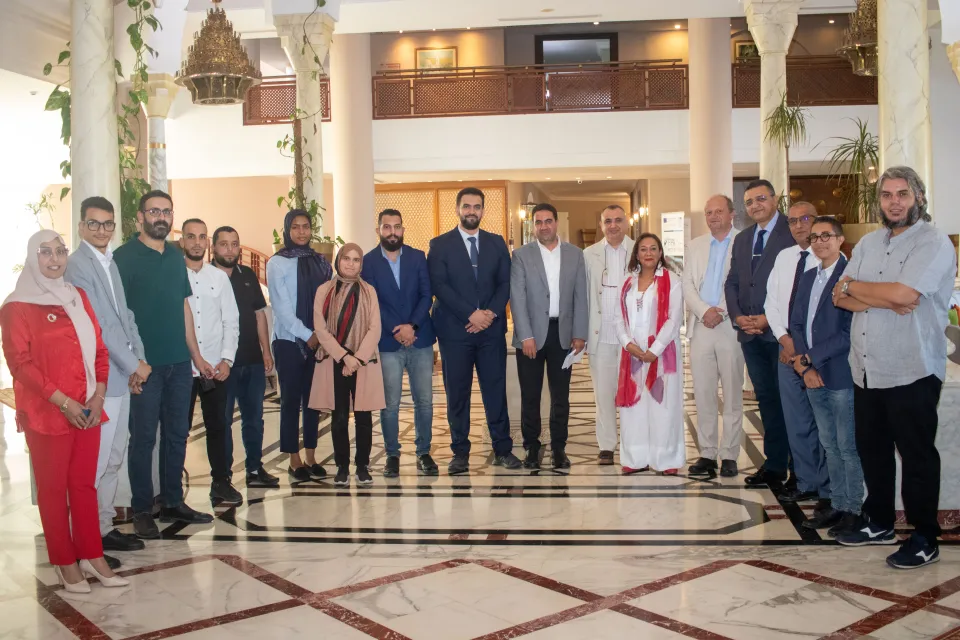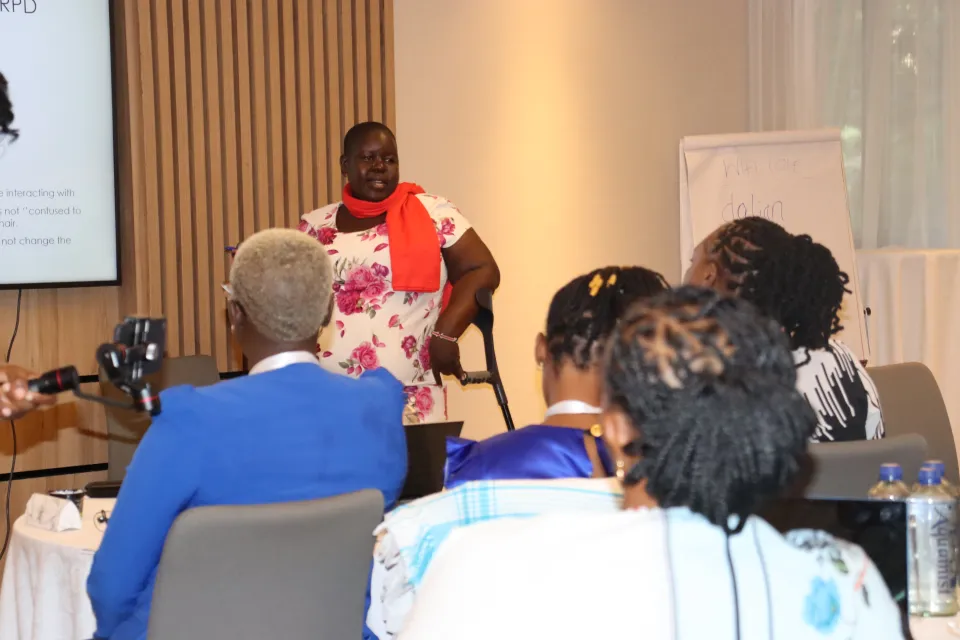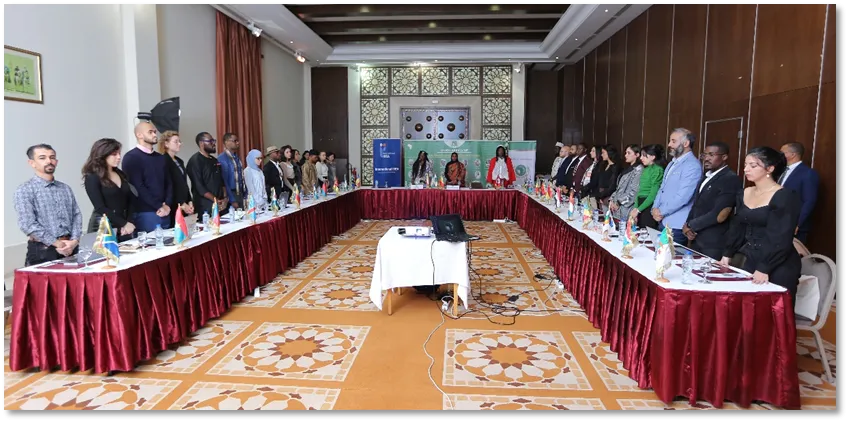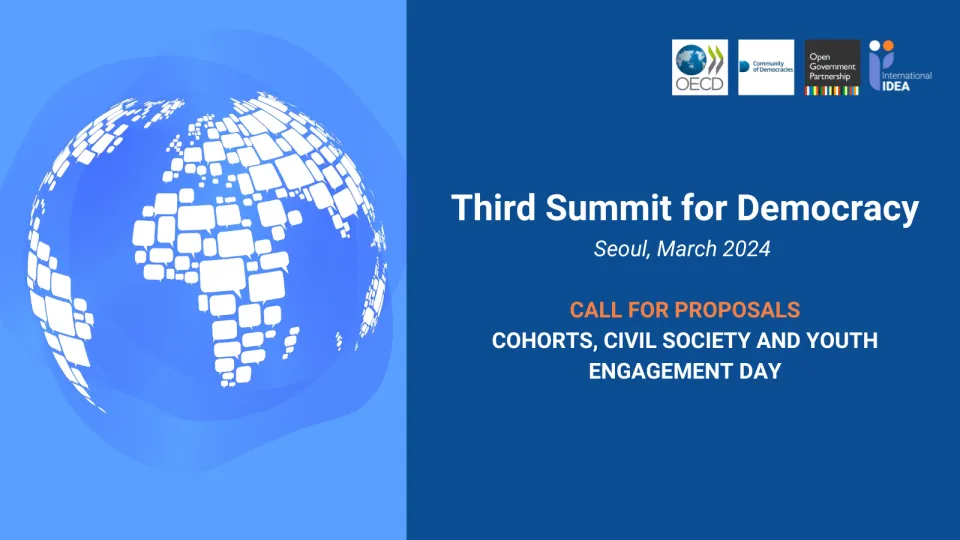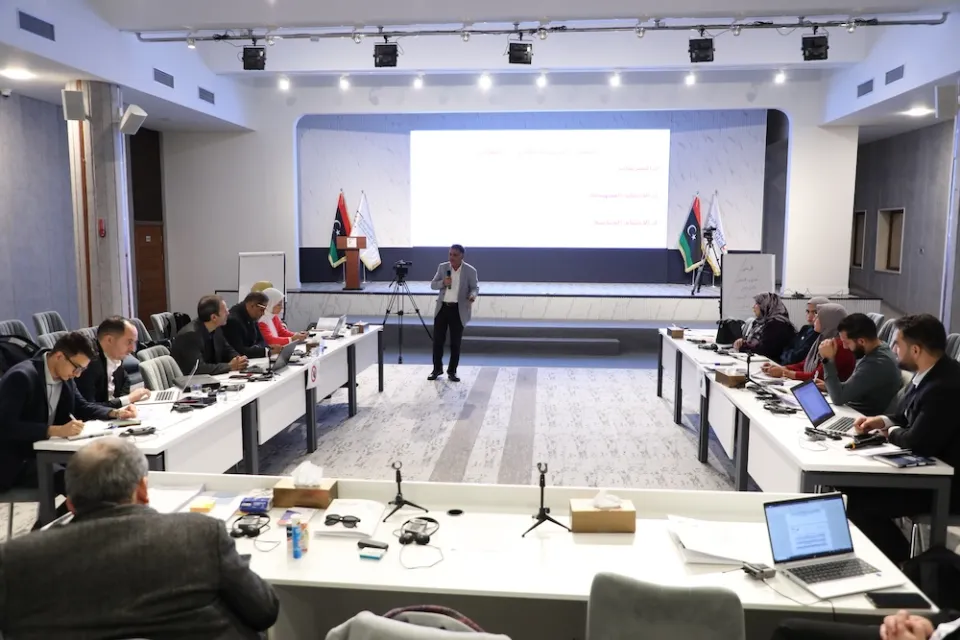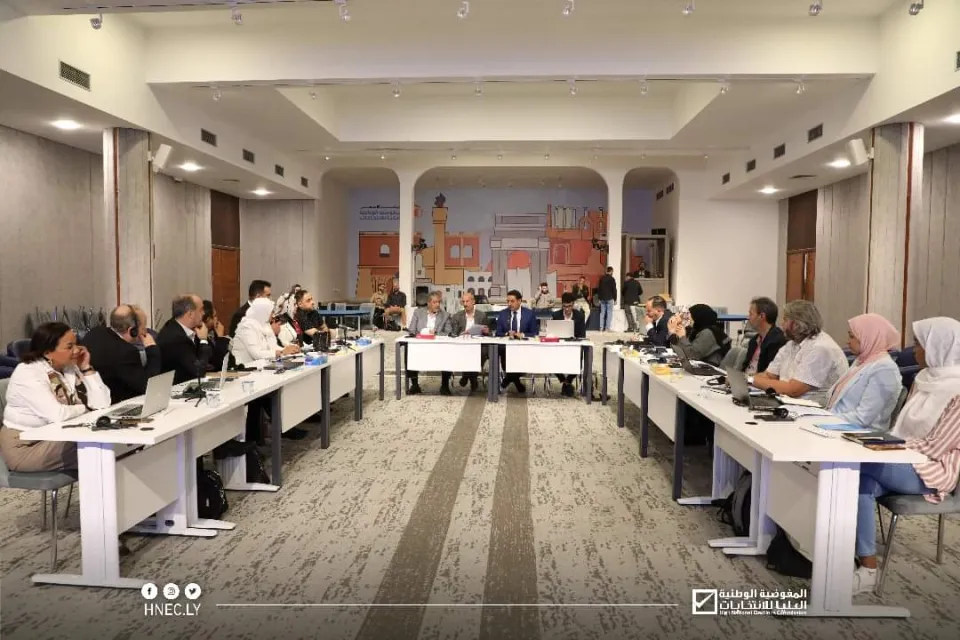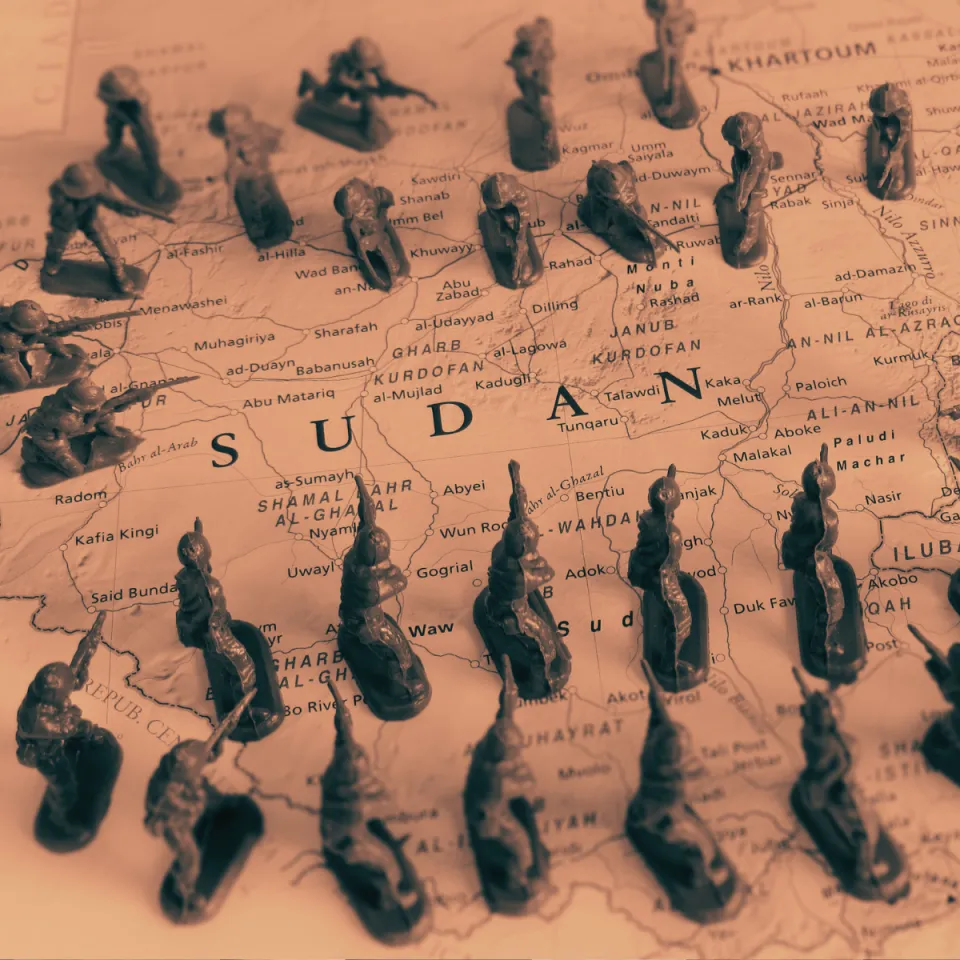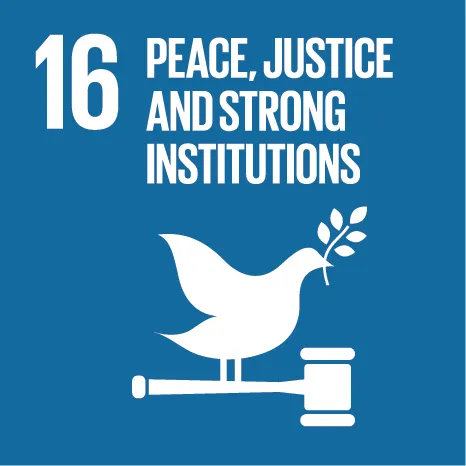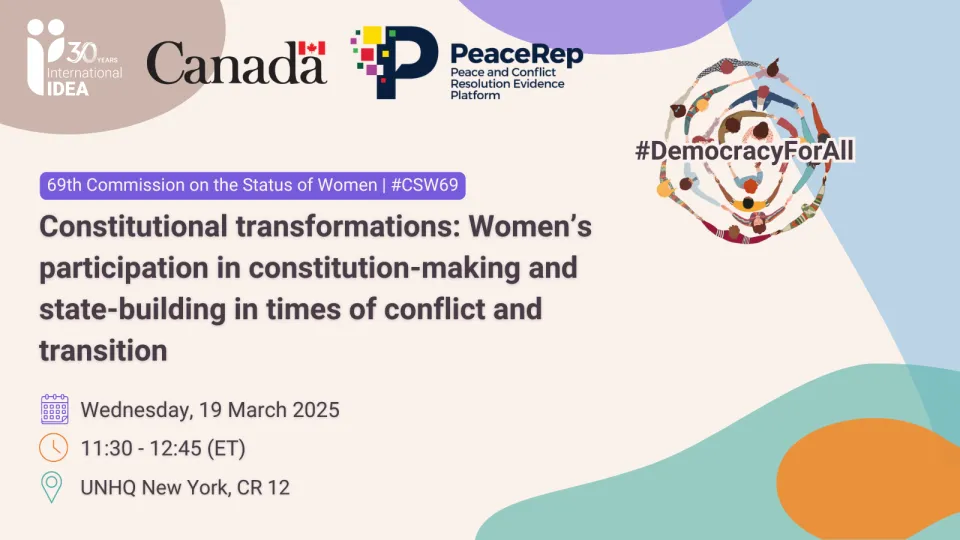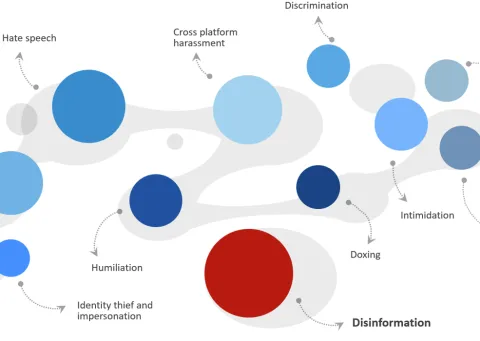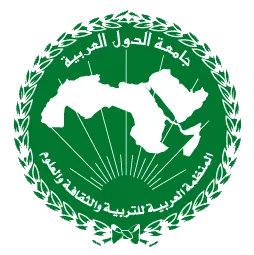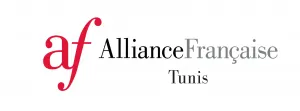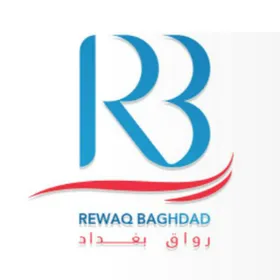North Africa and West Asia
International IDEA has an office in Tunisia, whose programmatic reach has expanded in different countries along the North Africa and West Asia regions since 2014.
Purposes of the Office
- To support the negotiation, drafting and implementation of constitutions in a way that is consistent with democratic principles, including transparency, accountability and the rule of law.
- To support peace processes in countries including Libya, Yemen, Iraq and others, through dialogue, mediation support, and the drafting of sustainable peace agreements.
- To improve accountability of democratic institutions and parliaments in the democratic transition period (especially in Libya) so that the parliament effectively exercise its legislative, oversight and representation functions to become transparent, inclusive, responsive and accountable to all citizens, and to foster a functioning, rights-based participatory and representative democracy in these countries.
- To support the electoral reforms in the region mainly in Palestine, Tunisia and Lebanon.
- To support gender equality and inclusive participation in electoral processes at the national and regional level: Tunisia, Libya, Palestine, Jordan and through the creation and the reinforcement of specific networks in the region: electoral gender and youth Networks.
- To support the role of civil society, democracy defenders, and the media in ensuring the accountability of electoral institutions and the integrity of the electoral process in Libya, Lebanon, Iraq, and Tunisia.
- To reinforce the Arab Networks as a platform for expanding the international standard and criteria of elections mainly the Arab EMBs Network.
Main achievements
As part of the larger Africa and West Asia Region, our sub-regional office in Tunis supports constitution-building, peace-building, electoral process and enhancing political participation in the region. We work and partner with government bodies, parliaments, courts, election administrators, civil society organizations, international organizations, political parties, universities, and legal and constitutional experts.
Our Tunis office has been working since 2014 to promote the application of the principle of proportionality in Tunisia. Proportionality is specifically provided for in Tunisia’s constitution (Article 49 of the 2014 Constitution, and Article 55 of the 2022 Constitution), the only country in the region where that is the case. For years, International IDEA has been working (with financial support from the Republic of Germany’s Federal Foreign Office) to support judges, lawyers, academics, state institutions and civil society to improve their understanding and implementation of proportionality. International IDEA remains committed to supporting the implementation of this crucial constitutional principle in Tunisia and beyond.
Since 2014, the Tunis office has also been supporting constitutional processes throughout the region, including in Libya, Yemen, Sudan, Syria, Iraq, Tunisia, Egypt and elsewhere. More recently, some of these processes have evolved into full-blown conflicts and International IDEA has been involved in peace-building efforts in various countries to help the different conflict parties reach a peaceful resolution. Since 2016, International IDEA has been assisting Yemen’s main conflict parties and the Office of the Special Envoy in their effort to reach a peace agreement. International IDEA does so by exploring the different types of interim political arrangements that might be included in a peace agreement, and by providing capacity-building sessions to key stakeholders to enable them to contribute more efficiently to the peace process. International IDEA has also been involved in providing support to peace negotiations in Libya, and in particular the constitutional negotiations that took place between the two rival parliaments in 2022, which it also does in cooperation with the United Nations Support Mission to Libya.
The Tunis office also supports dialogue on constitutional reform in various countries. For example, in 2022, International IDEA supported a dialogue process on constitutional reform in Iraq in partnership with Rewaq Baghdad, a leading think tank in Iraq. The dialogue was a track II, informal process that had as its purpose to present a positive example of how an inclusive dialogue on constitutional reform could be organised, as well as an alternative vision on how the existing constitutional framework could be improved. International IDEA also carried out an in depth assessment of the existing 2005 Constitution, in line with a methodology that was developed more than a decade ago and that has been implemented in a range of countries since.
The Tunis office also provides support to parliaments in different countries in their efforts to satisfy their constitutional obligations. For example, the Tunis office is currently implementing (with support from the European Union) a major project to support Libya’s House of Representatives to improve its functioning by strengthening the Capacity Development and Organizational Management of its Secretariat General (the ‘Diwan’). The project seeks also to enhance the HoR Inter parliamentary collaboration and connections practices and the Diwan’s external relations and public engagement skills and practices. International IDEA achieves this through peer-to-peer sessions that bring the senior staff of the House of Representatives together with counterparts in other parliaments to discuss solutions to the challenges that they face. Training sessions and technical advice will be provided to enhance Diwan’s internal functioning and its capacity to support Hor’s legislative, oversight and representation and citizen engagement functions.
Other areas of work at our Tunis office include:
- Providing support to electoral bodies. This includes working with national election management bodies (EMBs) in the region, as well as the Arab Network for Election Management Bodies, through the provision of technical assistance and platforms for the different EMBs to share experiences and lessons learned from their own countries.
- Continuing to support the active participation of women and youth in political life through programmes such as the Youth Democracy Academy and the ‘Respect for Women’s Political Rights’ project.
- The Tunis office adopts a gender-inclusive approach in all of its activities and pushes for gender mainstreaming throughout its work.
Updates
Our experts
